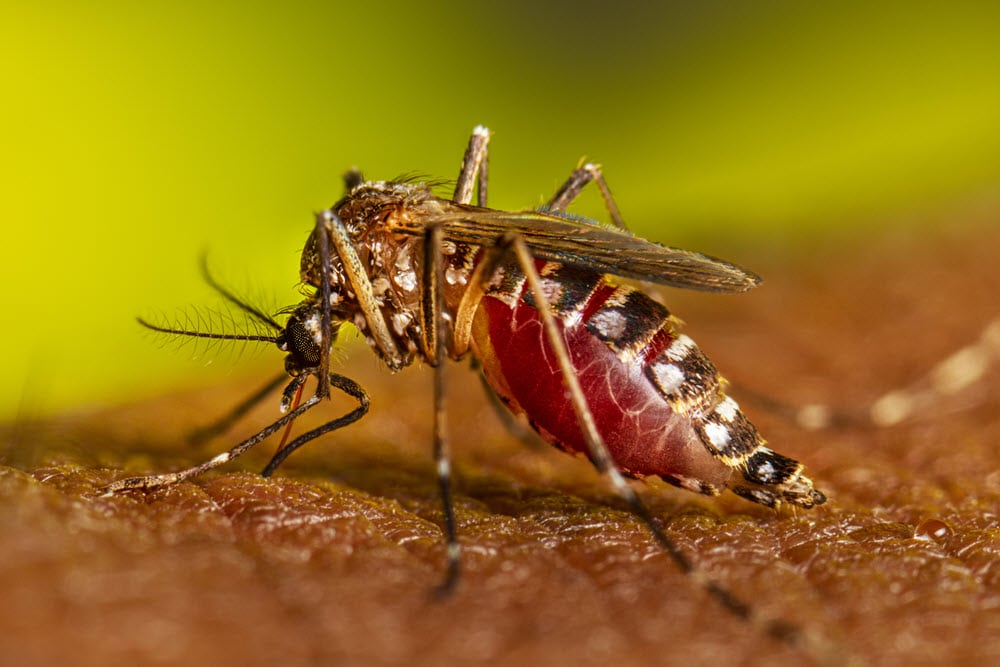Larnaca has commenced a pilot programme aimed at fighting back against a new invasive and potentially dangerous species of mosquito which has been found in the area.
The Aedes aegypti is known to transmit diseases such as dengue, yellow fever, chikungunya, zika and West Nile viruses, and has been established in Cyprus since 2022.
To fight back against the spread of the species, the health ministry has announced that it will begin to use the ‘Sterile Insect Technique’ (SIT).
The SIT involves taking males of a given species, in this case aedes aegypti mosquitoes, and exposing them to ionising radiation, similar to that used in x-ray machines, until they become physically unable to reproduce, or sterile.
The sterile animals are then re-released into the wild with the hope that an increasing proportion of males unable to reproduce will reduce the species’ rate of reproduction until it effectively wipes itself out.
The SIT method has been used in other countries in the past, having first been invented in 1950. The health ministry said that when the technique was implemented in Greece in 2018 against a different species of mosquito, results were visible within two weeks.
In addition, the health ministry encouraged people to continue taking measures to protect themselves from mosquitoes, including using insect repellent sprays, mosquito nets on windows and doors, and avoiding keeping standing water in gardens or outside spaces.
The aedes aegypti is one of two species of mosquito which is causing concern in the European Union. The other, the aedes albopictus, has been found in a total of 13 EU countries including Cyprus, and is also a known vector of diseases such as dengue, yellow fever, chikungunya, zika and West Nile viruses.
The European Centre for Disease Prevention and Control (ECDC) has spoken out on the issue, saying last week that Europe is experiencing a warming trend where heat waves and flooding are becoming more frequent and severe, and summers are getting longer and warmer, thus creating more favourable conditions for invasive mosquito species.
Its director, Andrea Ammon, warned that “if this continues, we can expect to see more cases and possibly deaths from diseases such as dengue, chikungunya, and West Nile fever”.
“Efforts need to focus on ways to control mosquito populations, enhancing surveillance and enforcing personal protective measures,” she said.
According to the ECDC, there were a total of 1,133 cases of West Nile virus and 92 deaths from the disease in the EU and the European Economic Area (EEA) last year, with two thirds of the cases being recorded in Italy.
There were also 71 cases of dengue recorded in the EU and EEA last year, 65 of which were recorded in France.







Click here to change your cookie preferences